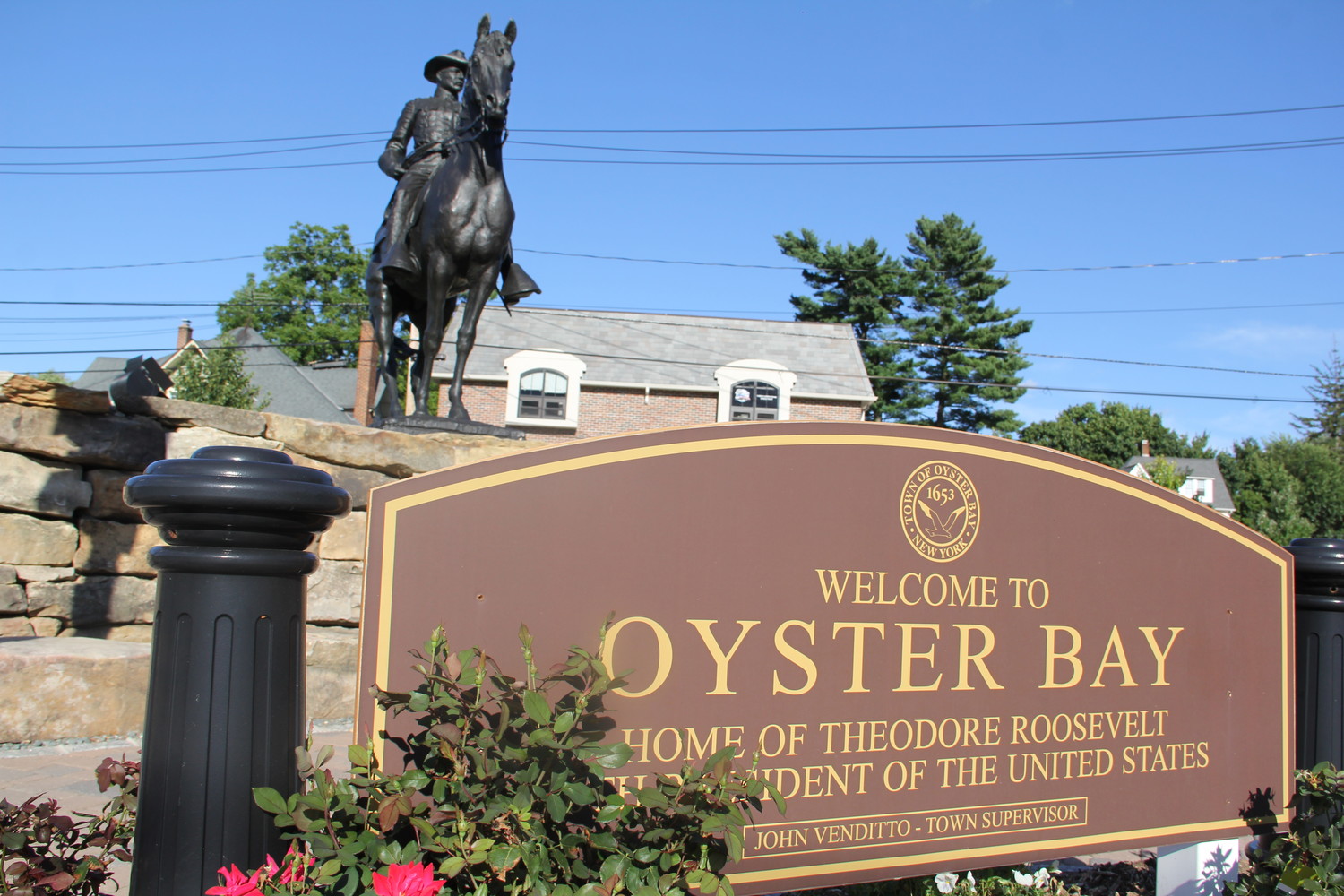Oyster Bay slapped with restraining order
The U.S. Federal Court for the Eastern District of New York granted a temporary restraining order against the Town of Oyster Bay on Jan 12, in favor of Hartcorn Plumbing and Heating Inc. Hartcorn sought relief from a new city ordinance that requires all contractors doing business in the city to employ only members of the Building and Construction Trades Council of Nassau and Suffolk.
Town spokesman Brian Nevin said the town could not comment on ongoing investigations.
The new ordinance, passed last September, prohibits the use of other union workers, or workers with no union affiliation, from working on any city project. It also requires every BCTC shop to be “a participant in good standing of a qualified apprenticeship program, and to have at least one graduate from a New York State or U.S. Department of Labor-approved and registered Class ‘A’ apprenticeship program,” according to papers filed by Hartcorn attorney Jonathon Farrell, of Mineola-based Meltzer, Lippe, Goldstein and Breitstone LLP.
The ordinance bans all other contractors from doing business with the town. Since “the overwhelming majority of contractors who work within the town of Oyster Bay do not meet these requirements, they will not be able to work” in the town, Farrell wrote in an email. The result would be “the loss of many jobs,” including “many on projects that are already underway,” he continued. Not only that, but the ordinance is so broadly written that almost any activity at all could be considered construction, including “any design, construction, reconstruction, improvement, rehabilitation, maintenance, repair, installation, furnishing, alteration…” and so on, through 13 general categories of work on any “building, facility, or physical structure of any kind.” The list is so comprehensive that it is difficult to imagine any activity involving tools of any kind that would not be included in the regulation.
The “overwhelming majority” of contractors doing business in Oyster Bay before passage of the ordinance were not members of BCTC. Most belonged to Local 355 of the United Service Workers Union, the International Union of Journeymen and Allied Trades. “Thus, members of Local 355 and BCTC are in similar trades,” Hartcorn’s affidavit stated.
The ordinance’s requirement that contractors or subcontractors be participants in good standing with qualified apprenticeship programs is peculiar, since the ordinance does not require that apprentices actually work at any of the job sites. Nor is it clear how the town’s interests would be better served by apprentices than by fully qualified and experienced journeymen. In any case, Local 355 has maintained “several New York State-certified apprenticeship program, including, [among others], plumbing and steamfitting programs,” Hartcorn’s attorneys wrote in their Complaint for Declaratory and Injunctive Relief.
The ordinance appears to violate the plaintiffs’ 14th Amendment rights, which ensure due process and freedom of association. The complaint also alleged that the ordinance violates certain provisions of the National Labor Relations Act, also known as the Wagner Act. Under the act, workers are free to form collective bargaining units if they choose, but neither employers nor the government may dictate what those associations will be.
Hartcorn originally ran afoul of the ordinance when it began work in November at 80 W. Grumman Road in Bethpage. The project had all the necessary permits, but in early December, the general contractor on the project was told that the town would issue a stop-work order if Hartcorn continued to work on the project. Hartcorn is a member of Local 355, but not of BCTC.
Hartcorn sent the town a letter advising it that the code did not apply for several reasons. First, the project was completely private, as well as privately funded; second, Hartcorn’s participation in the project had been fully disclosed on the original permit, which had been approved by the town; third, the town “appeared to be reading the code in such a way as to deliberately and unjustifiably interfere” with Hartcorn’s ability to perform licensed work in Oyster Bay, the complaint stated.
Hartcorn was joined in the complaint by the Long Island and New York Mechanical Contractors Association. The temporary restraining order was set to expire on Friday, when Meltzer, Lippe planned to apply for an injunction. Neither the attorneys nor the plaintiffs regarded this as a test case or as a warmup for a class-action case. “But given the number of contractors affected by this, as well as the constitutional issues,” said Stephanie Suarez, an associate at Meltzer, Lippe. “it’s certainly possible others will seek some form of relief.”

 50.0°,
Fair
50.0°,
Fair 




